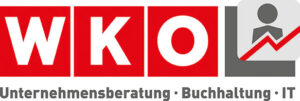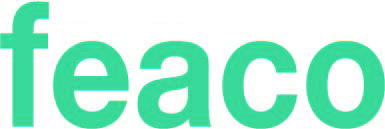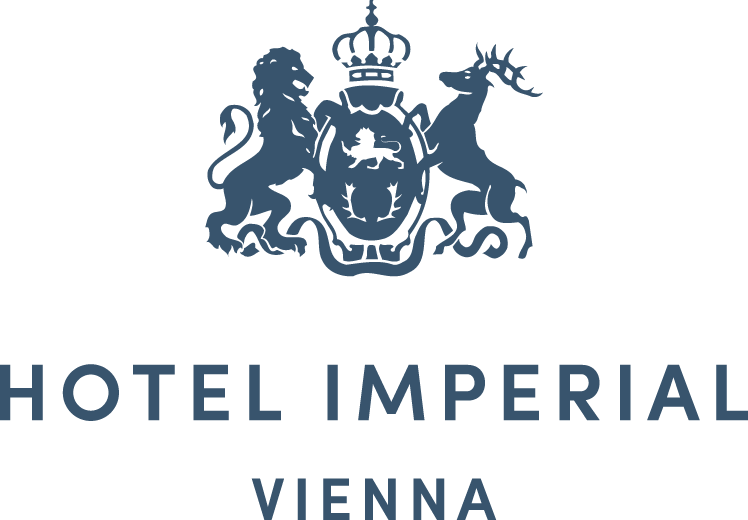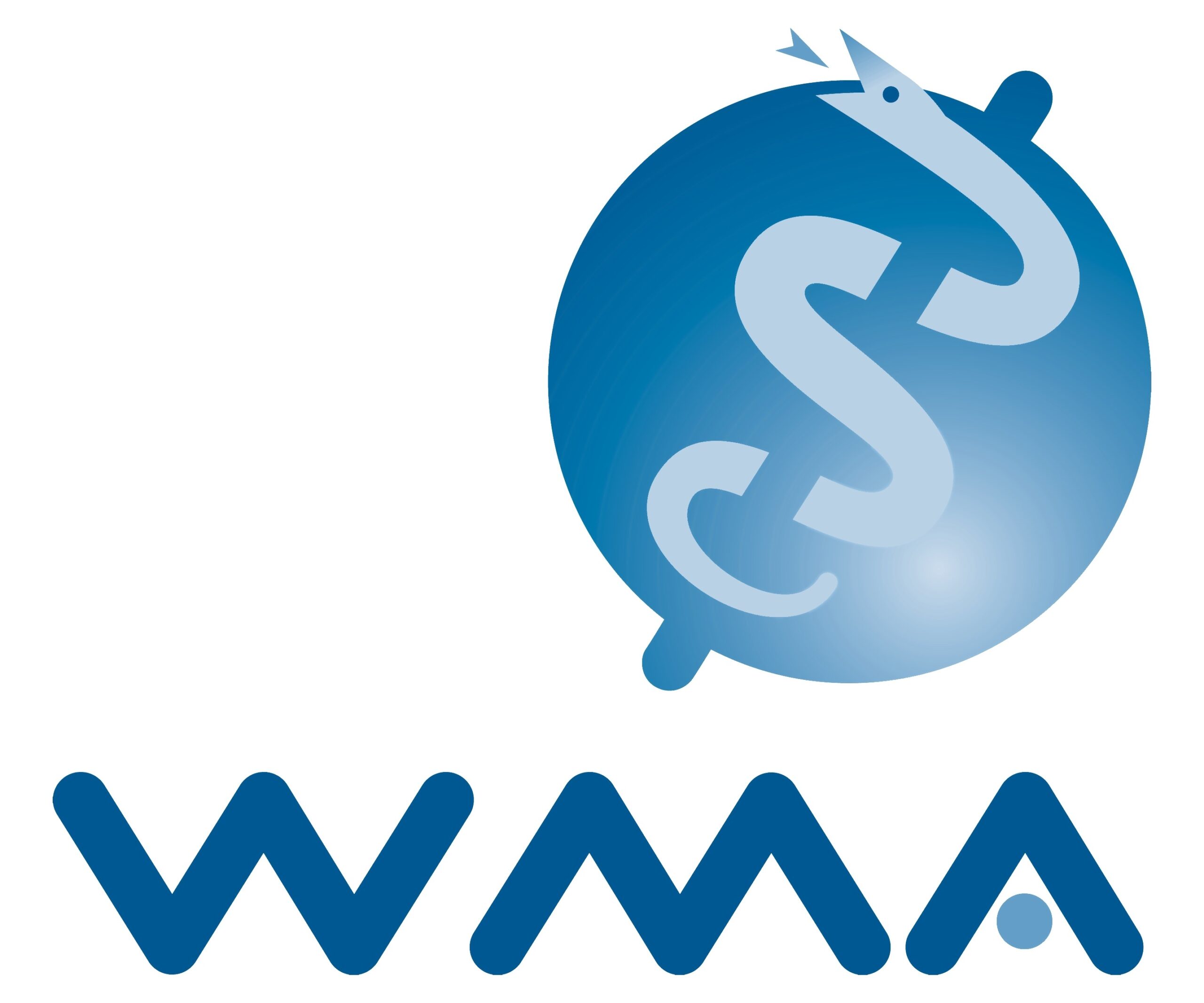COMING SOON
AGENDA
23rd VIENNA CONGRESS 2026
AGENDA
of the past
22nd VIENNA CONGRESS 2025
“ Europe of Tomorrow: Setting Directions “
27. January 2025
Palais Niederösterreich, Vienna
Europe needs to get back on track.
Inflation, high national debt, lack of political unity, increasing social hotspots, lack of social cohesion: What holds Europe together? What brings Europe forward?
The 22. Vienna Congress 2025 deals with the top priorities for Europe. What do locations have to do to most effectively ensure competitiveness, growth and prosperity? How to establish a culture of innovation and entrepreneurship? How can we build bridges in our divided society and revive constructive discourse? What needs to be done in the field of education and science to empower future innovators? How can we develop and use AI systems in a way that benefits society while minimizing the risk of negative consequences? On these and other burning questions international experts will provide clear answers. The results and key findings will be summarized in the final document of the 22nd Vienna Congress 2025: the Vienna Declaration 2025.
Monday, 27th January 2025
Moderation during the Day
Tibor Szanyi, Vice-Chair of Advisory Board of the Vienna Congress; former Member of European Parliament
Benjamin Mencer, AI Researcher at Stanford SLAC; Future Board – Vienna Congress
08:30 – 08:40
Opening of the 22. Vienna Congress 2025
Tibor Szanyi, Vice-Chair of Advisory Board of the Vienna Congress; former Member of European Parliament
Katharina Reinwald, Secretary-General of the Vienna Congress; Future Board – Vienna Congress
Benjamin Mencer, AI Researcher at Stanford SLAC; Future Board – Vienna Congress
Christian Musso, Future Board – Vienna Congress
08:40 – 09:15
Opening Words of the 22. Vienna Congress 2025
Opening words | Walter Rosenkranz, President of the National Council, Parliament Austria
Opening words | Kasia Greco, Vice-President, Vienna Chamber of Commerce, Entrepreneur and Member of the Vienna City Government
Opening words | Martin Puaschitz, Chairman of the IT professional group in the Management Consultancy, Accounting and IT Association, Austrian Federal Economic Chamber (WKO)
Opening words | David Ungar-Klein, Initiator, Vienna Congress
09:15 – 09:35
Keynote Speech | José María Beneyto, FEACO – European Federation of Management Consultancies Associations
Focus Topic | Building Bridges in a Divided Society
Public discourse is increasingly perceived as being characterized by extreme positions. Recent media narratives and political campaigns often confront topics in a “black or white” way of thinking. Constructive dialogue is disappearing. Furthermore, disinformation has become a serious concern for societal cohesion and stability. Social media and new technologies such as AI have increased the scale and speed with which false or misleading information can reach its intended or unintended audiences. How can we build bridges in our divided society and revive constructive discourse? What is necessary to strengthen trust in political and media institutions? How can we regulate or reduce disinformation without restricting freedom of speech?
09:35 – 09:45
Introductory note | Oliver Günther, President, University of Potsdam
09:45 – 09:55
Introductory note | Boris Tadić, former President of Serbia
09:55 – 10:10
Introductory note | Václav Klaus, former President of the Czech Republic
10:10 – 11:00
Panel Discussion
Moderation: Walter Gehr – Former Chief of Cabinet, Deputy Head of Department at the Division for Cultural Affairs at the Austrian Federal Ministry for European and International Affairs
Panelists:
Oliver Günther – President, University of Potsdam
Václav Klaus – former President of the Czech Republic; Chair of Advisory Board of the Vienna Congress
Frank Ulrich Montgomery – Past Chair of Council World Medical Association (WMA), Past President Standing Committee of European Doctors (CPME), Honorary President German Medical Association (BÄK)
Gabriele Schindl – Entrepreneur and Business Angel; Member of the Advisory Board of the Vienna Congress
Boris Tadić – former President of Serbia
11:00 – 11:20
Coffee Break
Focus Topic | Competitiveness, Growth and Prosperity: Key Priorities for Europe
The development of the economy in Europe is anything but encouraging. How can Europe return to a path of growth and ensure prosperity? What actions and strategies are needed to regain competitiveness? Do we need more evidence-based policy instead of policy based on ideology? How can Europe attract more foreign investments? What do we have to do to prevent companies from leaving Europe? How crucial is the healthcare system as a factor for successful location- and economic development? Are regions the necessary complement to a transnationally drafted world? Must economy and politics increasingly operate in regional categories? This thematic block will focus on the key priorities for a better Europe: bureaucracy reduction, expansion of infrastructure, improvement of the healthcare system, reducing the tax burden, education policy, availability of skilled labour, strengthening work morale, securing access to energy and raw materials at competitive prices and reducing strategic dependencies in key sectors.
11:20 – 11:30
Introductory note | Günther Ofner, Member of the Management Board of Vienna International Airport – Flughafen Wien AG; Chairman of the Supervisory Board of Österreichische Beteiligungs AG – Austria Holding PLC (ÖBAG)
11:30 – 11:45
Introductory note | Iain Begg, Professorial Research Fellow, London School of Economics and Political Science
11:45 – 11:55
Introductory note | Andreas Reichhardt, Head of Directorate-General VI – Telecommunications, Postal Services and Mining, Federal Ministry of Finance, Republic of Austria
11:55 – 12:45
Panel Discussion
Moderation: Tibor Szanyi – Vice-Chair of Advisory Board of the Vienna Congress; former Member of European Parliament
Panelists:
Iain Begg – Professorial Research Fellow, London School of Economics and Political Science
Kasia Greco – Vice-President, Vienna Chamber of Commerce, Entrepreneur and Member of the Vienna City Government
Karel Havlíček – Deputy Speaker of the Chamber of Deputies, Parliament of the Czech Republic
Günther Ofner – Member of the Management Board of Vienna International Airport – Flughafen Wien AG; Chairman of the Supervisory Board of Österreichische Beteiligungs AG – Austria Holding PLC (ÖBAG)
Andreas Reinstaller – Senior Principal Economist, Office of the Austrian Productivity Board at Oesterreichische Nationalbank
Davor Sertic – Chairman of the Division Transportation and Traffic at the Vienna Chamber of Commerce, President of the Union of European Chambers of Commerce and Industry for Transport (UECC)
12:45 – 13:30
Lunch Break
Focus Topic | Competitiveness and the role of science, innovation and education
In today´s rapidly evolving world, nations need to recognize the role of science and education in driving economic growth, innovation and global competitiveness. What needs to be done in the fields of education and science to empower future innovators? What is necessary to develop a skilled workforce capable of meeting the demands of the modern economy? How to establish a culture of innovation and entrepreneurship? How to foster the collaboration between academia, industry and government? How crucial is nurturing a culture of lifelong learning when it comes to empowering citizens to remain competitive in an ever-evolving global landscape?
13:30 – 13:40
Q&A with Benjamin Weber, Winner of the Microsoft Excel Collegiate Challenge 2024
Moderation: Benjamin Mencer, AI Researcher at Stanford SLAC; Future Board – Vienna Congress
13:40 – 13:50
Introductory note | Anders Dellson, Company builder. Founder and CEO of LIND Electric Surfboards
13:50 – 14:00
Introductory note | Florian Ehrbar, Founder and Chief Executive Officer, OnchhainLabs and Web3 Investor and Advisor
14:00 – 14:15
Introductory note | Dan Shechtman, Nobel Laureate in Chemistry; Vice-Chair of Advisory Board of the Vienna Congress
14:15 – 15:05
Panel Discussion
Moderation: Sierd Cloetingh – Distinguished Professor Utrecht University; former President of the Academia Europaea
Panelists:
Anders Dellson – Company builder. Founder and CEO of LIND Electric Surfboards
Florian Ehrbar – Founder and Chief Executive Officer, OnchhainLabs and Web3 Investor and Advisor
Penny McLean – Singer, Author and Social Pedagogoue
Ashok Philip – President of the World Medical Association (WMA)
Dan Shechtman – Nobel Laureate in Chemistry
15:05 – 15:25
Coffee Break
Focus Topic | AI: Pandora´s Box or Universal Problem-Solver?
Is AI “good” or “bad”? AI has begun to revolutionize industries. In healthcare, AI systems can detect diseases like cancer earlier and more accurately than human doctors and are leading to rapid advancements in medical diagnostics. However, the benefits of AI depend on how it is designed and governed. Without adequate ethical oversight, AI can unleash risks that may also undermine societal stability. Are we as a society sufficiently prepared for the rapid technological development of AI? How can we develop and use AI systems in a way that benefits society while minimizing the risk of negative consequences? How does AI change education and pedagogy to prepare the young for a future job market? What are the main risks and opportunities of AI?
15:25 – 15:35
Q&A with Gad Edery, Entrepreneur – CEO, Galerie GADCOLLECTION, In Gad We Trust, Musée de la Photographie
Moderation: Benjamin Mencer, AI Researcher at Stanford SLAC; Future Board – Vienna Congress
15:35 – 15:50
Introductory note | Ophir Frieder, Professor, Georgetown University; Chief Scientific Officer, Invaryant
15:50 – 16:05
Introductory note | Hava T. Siegelmann, Provost Professor, University of Massachusetts, Amherst, College of Information and Computer Sciences, and Neuroscience and Behavior Program; Lab Director, The Biologically Inspired Neural and Dynamical Systems (BINDS)
16:05 – 16:55
Panel Discussion
Moderation: Matias del Campo – Associate Professor of Architecture, NYIT – New York Institute of Technology; Director M.S. Architecture and Computational Technologies [M.S.ACT]
Panelists:
Ulrike Attenberger – Chairwoman of the Department of Biomedical Imaging and Image-Guided Therapy, Director of the Division of General Radiology and Pediatric Radiology, University Hospital Vienna – AKH
Ophir Frieder – Professor, Georgetown University; Chief Scientific Officer, Invaryant
Otmar Kloiber – Secretary General of the World Medical Association (WMA)
Sandra Manninger – Associate Professor of Architecture, NYIT – New York Institute of Technology
Hava T. Siegelmann – Provost Professor, University of Massachusetts, Amherst, College of Information and Computer Sciences, and Neuroscience and Behavior Program; Lab Director, The Biologically Inspired Neural and Dynamical Systems (BINDS)
Claus Zeppelzauer – ecoplus Senior Management, Division Head of Companies & Technology, Managing Director ecoplus Digital GmbH
16:55 – 17:00
Closing Remarks | Tibor Szanyi, Vice-Chair of Advisory Board of the Vienna Congress; former Member of the European Parliament










